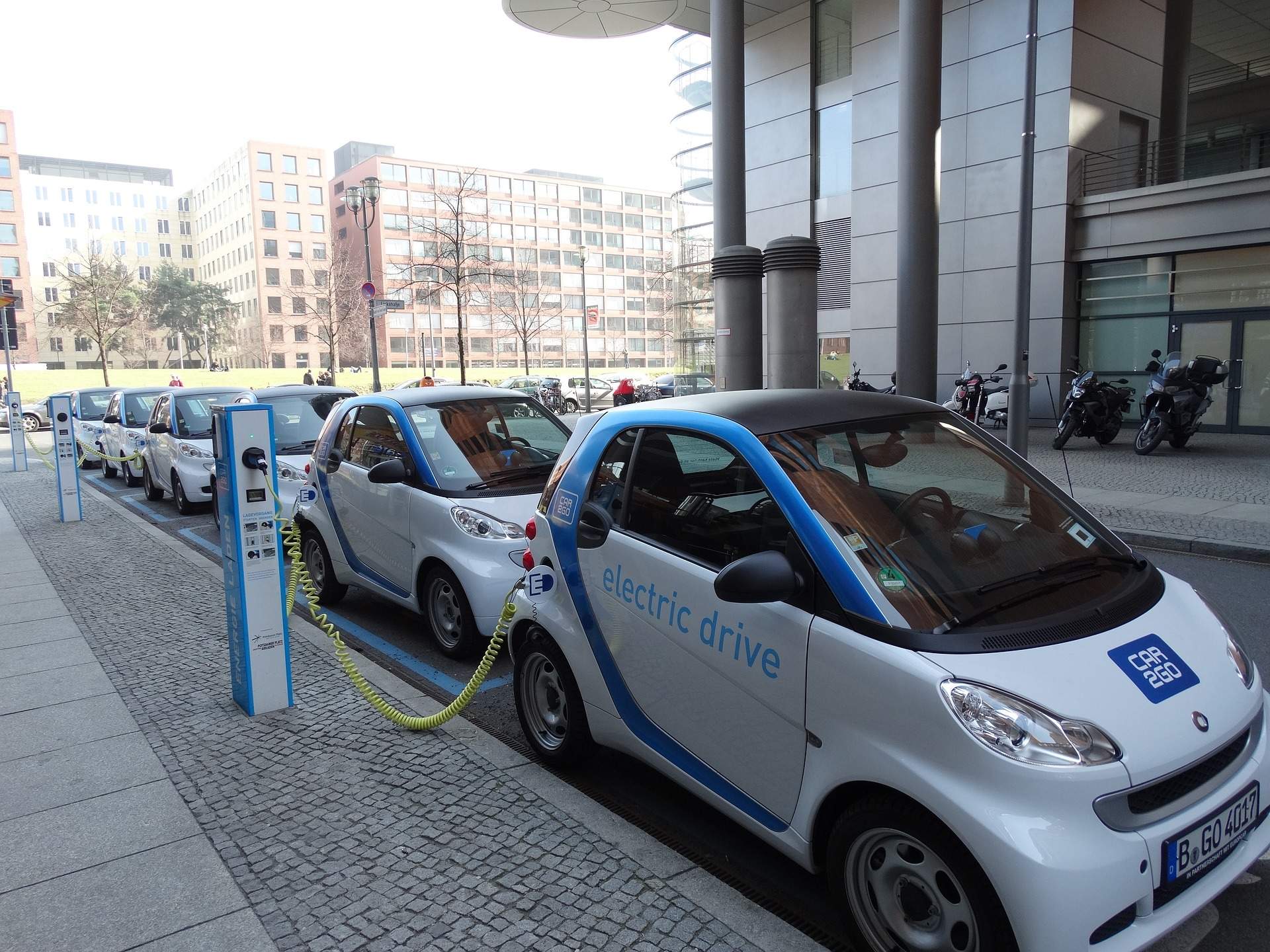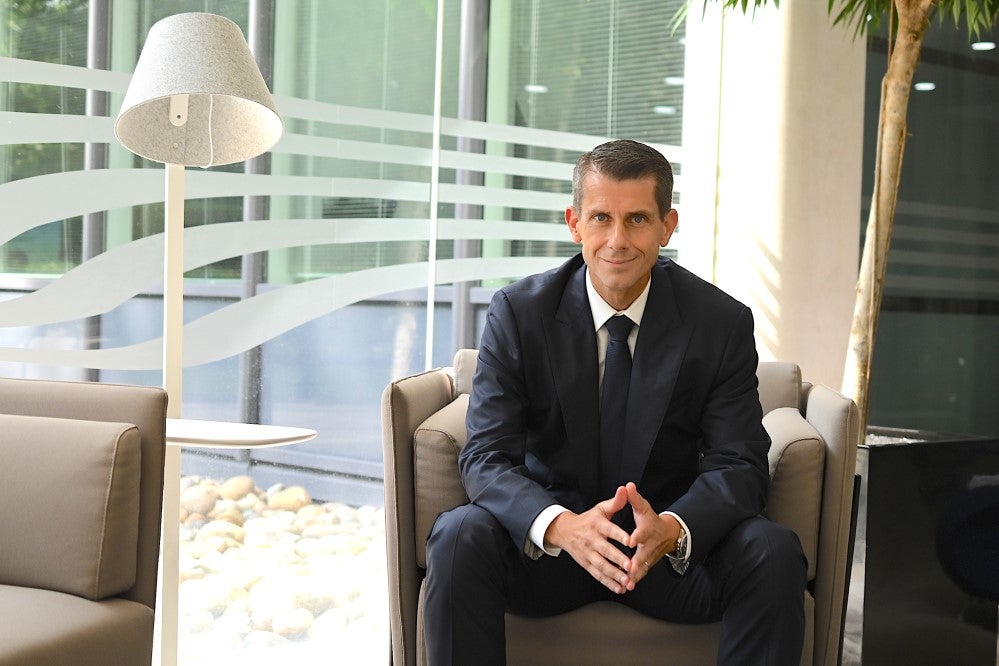
New research by the European Automobile Manufacturers Association (Acea) has exposed the inadequacy of EV charging infrastructure across EU member states.
The annual study revealed that, while sales of EVs in the EU increased by 110% since 2017, the number of available charging points only grew by 58%.
In its second edition, Making the Transition to Zero-Emission Mobility monitors progress on the availability of infrastructure and incentives. Such factors are crucial if we are to achieve widespread uptake of EVs, said the ACEA.
According to the analysis, only 28,586 charging points are suitable for fast charging (capacity of ≥22kW), which represents one in seven charging points in the EU.
Most of the “normal” charging points (<22Kw) included in the EU statistics are common-or-garden, low capacity power sockets that are unsuitable for charging vehicles at an acceptable speed. The number of normal charging points equates to 171,239.
Erik-Mark Huitema, director general of ACEA explained the implications of the shortages on the rollout of EV: “This is potentially very dangerous, as we could soon reach a point where growth of electric vehicle uptake stalls if consumers conclude there are simply not enough charging points where they need to travel, or that they have to queue too long for a fast charger.”
How well do you really know your competitors?
Access the most comprehensive Company Profiles on the market, powered by GlobalData. Save hours of research. Gain competitive edge.

Thank you!
Your download email will arrive shortly
Not ready to buy yet? Download a free sample
We are confident about the unique quality of our Company Profiles. However, we want you to make the most beneficial decision for your business, so we offer a free sample that you can download by submitting the below form
By GlobalDataAlongside a serious discrepancy between infrastructure investment and increased EV sales, the report revealed the uneven distribution of charging infrastructure across different EU member states.
The Netherlands, Germany, France and the UK, which cover 27% of the region’s total surface area, account for more than 75% of all electric charging points.
When compared with Cyprus, which registers 38 charging points, the Netherlands has over 1,000 times more.
Huitema stressed the importance of investment in infrastructure, in order to meet the carbon emissions targets: “With Europe’s higher climate ambitions in mind, there is now an even greater urgency to upgrade the infrastructure requirements for all alternative vehicles.”
The ACEA has pushed for an urgent review of the EU Alternative Fuels Infrastructure Directive by the EU. Forming a key element of its Covid recovery plan, the review includes clear and binding deployment targets for all member states.







